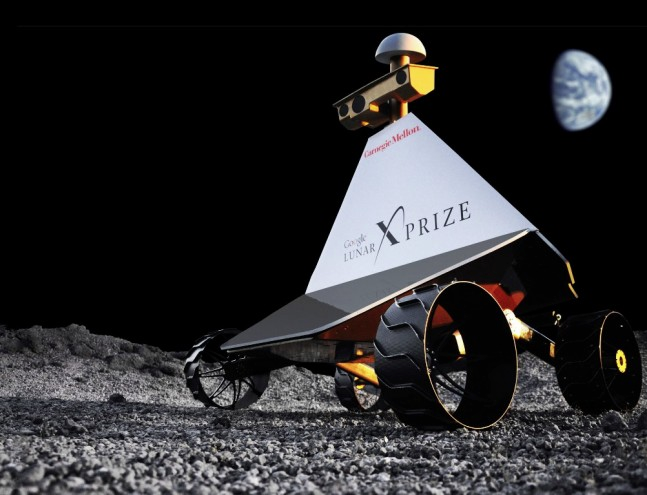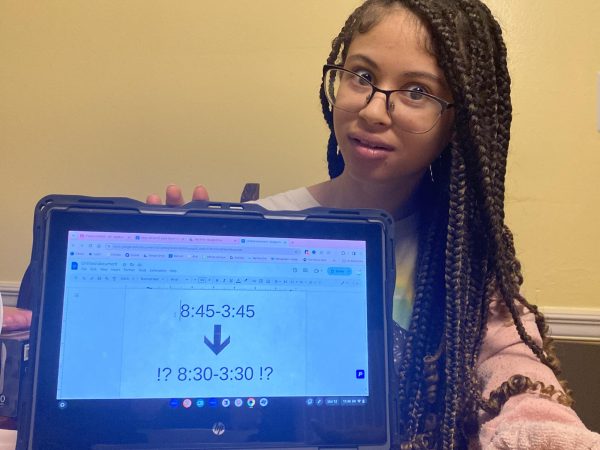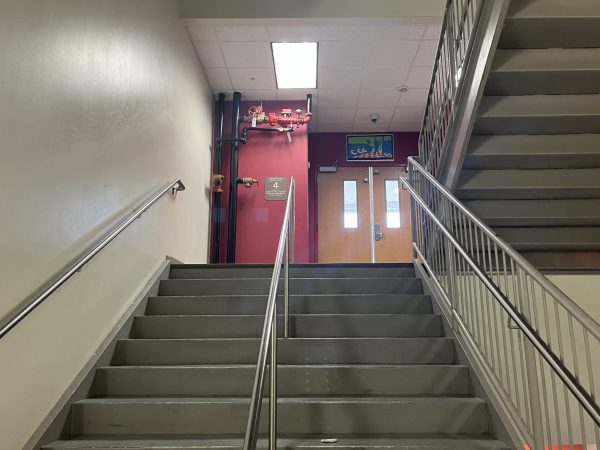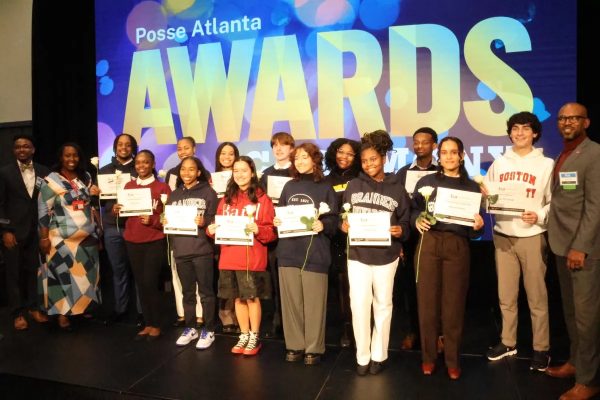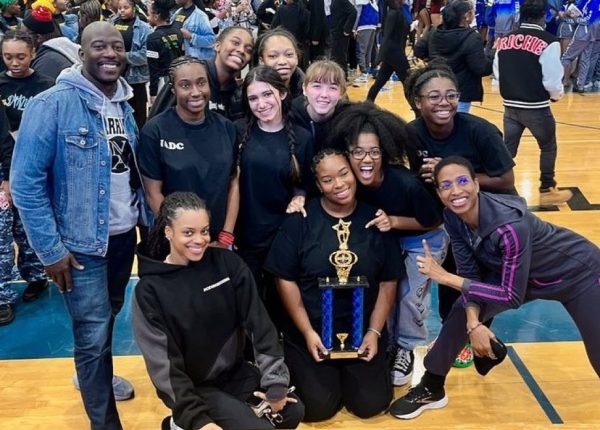XPRIZE Competition Reignites Passion in Space Exploration
Some may claim that the Hubble Space Telescope, the Mars Exploration Rover or Neil Armstrong’s famous moonwalk has been the greatest space achievement known to man. However, new innovations and expeditions have made great leaps to reach what these accomplishments never could, offering inspiration for upcoming spaceflight engineers. Google’s robotic lunar expedition proves to put itself in contention for greatest space achievement as it inspires young students to enter the space exploration field of technology.
Since the avid fascination of space exploration during the Cold War and the launch of Apollo 11, interest in space exploration has been dwindling. With long periods of time allotted for preparation and exceedingly impressive earthly innovations, the intangible universe no longer seems to fascinate young engineers. Because the world’s technological innovations have never been more prestigious than now, handheld devices seem to occupy the majority of youngsters’ imagination. Thus, it seems difficult to intrigue younger generations into the space exploration career path. On top of all that, much of NASA’s budget has been cut since Obama’s inauguration in 2008. In August of 2011, NASA officially concluded its space shuttle program.
In an interview on space.com, shuttle commander Michael Coats revealed the background about what lies ahead in space exploration. “With the end of the space shuttle program, we bring to a close a remarkable chapter in American history in space and usher in the next extraordinary moment in our nation’s story of exploration,” said Coats in the interview.
Not only does the biggest space shuttle expedition seem to be on the brink of termination, but it seems to bring the entire organization to a screeching halt as well. Above all, 20 percent of NASA’s budget had been relinquished to federal government spending, which predicts to close the International Space Station in less than 10 years and bring American spatial exploration to a finish. However, Google seems to have sparked a new flame under “out-of-this-world” exploration.
The Google XPRIZE Competition will pit vast numbers of young engineers against each other to build a robotic rocket that must land on the moon, travel 500 meters along the surface, and transmit HD video back to the launch station. Why will this ignite a new beginning in the “final frontier?” The winning team will receive a grand prize of $30 million for their privately funded operation. Despite the large amount being only a fraction of NASA’s annual budget, it still has the potential to inspire a young engineers and large investors to buy into space expeditions.
Since Neil Armstrong landed on the moon, interest in space exploration has dwindled from a burning inferno to a dying flame. However, Google’s Lunar XPRIZE hopes to spark interest in young engineers once again. All in all, the XPRIZE Competition hopes to launch a new age of space exploration out of this world and into the stars.

